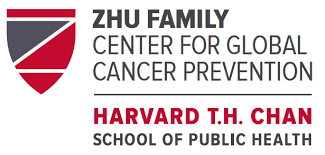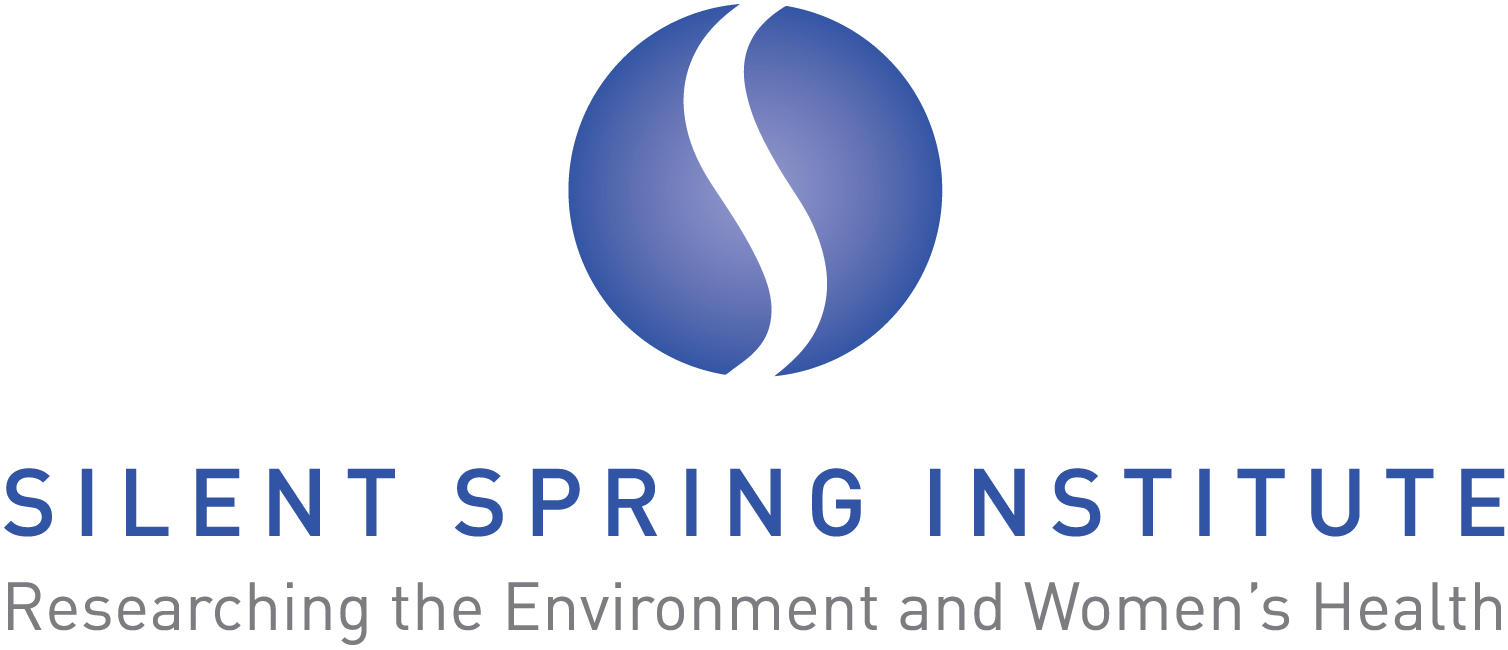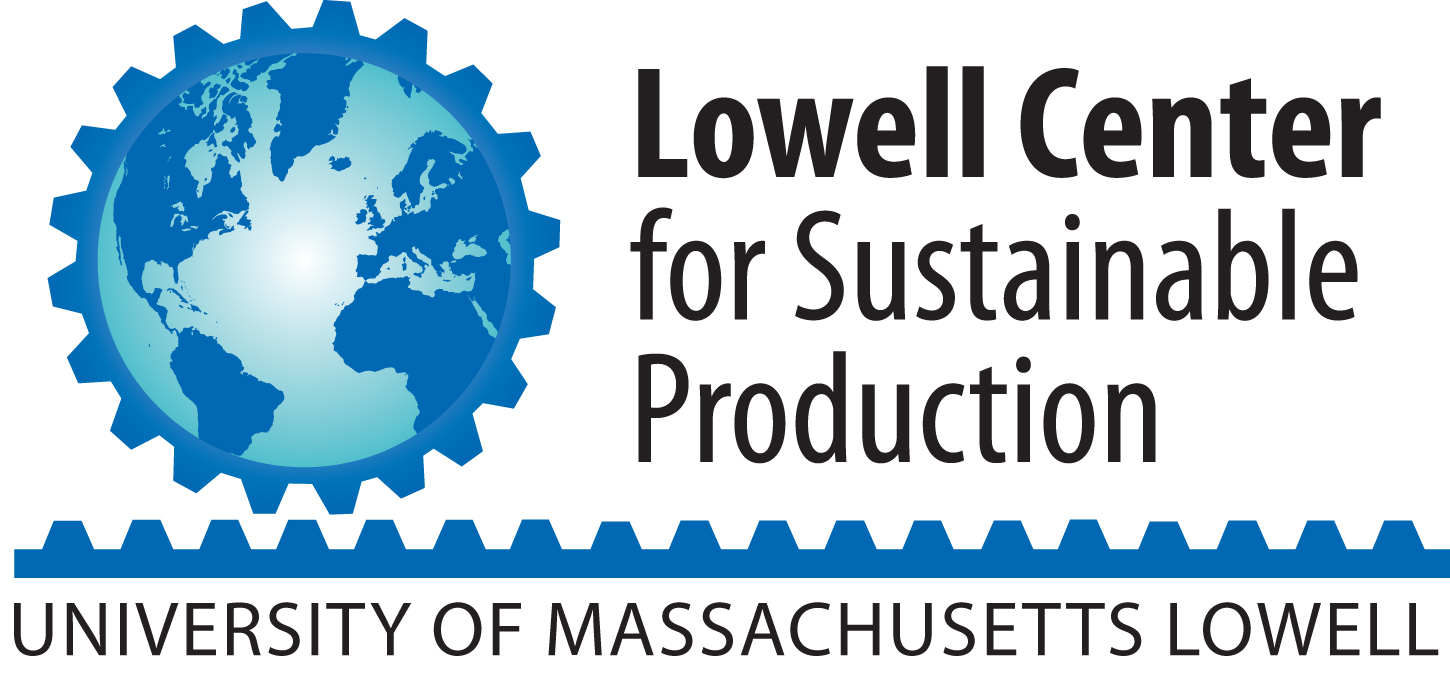Cancer & Environment Forum 2022: What Does New Science Say About Chemicals & Cancer? Lessons from Public Health & Environmental Medicine
In this three-session online course, participants will learn about the new science on the influence of environmental chemicals on cancer. The sessions are aimed at clinicians and also will be informative for policy makers, cancer researchers, and members of the public. Clinicians will be better able to answer patient questions, and they will gain skills in engaging in population-level policy change and community-based public health initiatives.
Recommended Background Materials
Watch: Unacceptable Risk: Margaret Kripke on Cancer and the Environment
Producer/Director, Cynthia McKeown
Read: Kripke M., J.G. Brody, E. Hawk, A.B. Hernandez, P.J. Hoppin, M.M. Jacobs, R.A. Rudel, T.R. Rebbeck. 2020. Rethinking Environmental Carcinogenesis. Cancer Epidemiology, Biomarkers & Prevention. 29(10): 1870-1875.
Session 1 Thursday, February 3, 2022 12:00 - 2:00 PM ET | What are the new ideas about how chemicals cause cancer, and how should we think about risk? |
Session 2 Wednesday, February 16, 2022 12:00 - 2:00 PM ET | Air pollution and cancer. The science linking air pollution to cancers is strong. Given that reducing exposure is often beyond the control of the individual, what are opportunities for addressing air pollution in public health, research and community settings, and what roles can clinicians play? |
Session 3 Tuesday, March 1, 2022 12:00 - 2:00 PM ET | Primary prevention and a role for clinicians as trusted communicators - barriers and opportunities. |
Target Audience
This activity is intended for clinicians & care providers from across all medical specialties.
Learning Objectives
Upon completion of this three-part activity, participants will be able to:
- Distinguish and employ skills for talking to patients about environmental causes of cancer.
- Review how to contact appropriate public health professionals about suspected unusual occurrences of cancer in communities.
- Identify how to support patients in participating in a public health investigation.
- Demonstrate how to participate in community-based research and influence public health policies on air pollution.
- Advise patients on utilizing environmental health resources for education and prevention.
- Apply skills to educate patients on relevance and impact of public environmental resources.
- Demonstrate skills to speak with news media on the impact of environmental issues on public health and cancer.
- Identify misinformation targeted to the public by industrial interests.
Additional Information
Dana-Farber Cancer Institute, DF/HCC Center for Cancer Equity and Engagement, Silent Spring Institute, UMass Lowell/Lowell Center for Sustainable Production, Cancer Free Economy Network & Mass General Brigham







A series of three virtual sessions, from 12:00 pm – 2:00 pm ET
Session 1 - Thursday, February 3, 2022
Session 2 - Wednesday, February 16, 2022
Session 3 - Tuesday, March 1, 2022
Session 1: February 3, 2022 - 12:00 to 2:00 pm
What are the new ideas about how chemicals cause cancer, and how should we think about risk?
Welcome: Setting the stage for an exploration of cancer and environment.
- Timothy Rebbeck, PhD - Dana-Farber Cancer Institute and Harvard T.H. Chan School of Public Health
- Trailer for Unacceptable Risk: Dr. Margaret Kripke on Cancer and the Environment
Speakers:
- Kate Z. Guyton, PhD - National Academies of Sciences, Engineering, and Medicine
- Key characteristics of carcinogens. What are the tools we have now to identify carcinogens, including chemicals not considered to be “complete carcinogens” that may contribute to cancer?
- Mary Beth Terry, PhD - Columbia University, Mailman School of Public Health and Irving Cancer Center
- Precision Prevention: Gene X Environment Interactions: PAHs and the Breast Cancer Family Cohort.
Panel: How do chemically induced cancers appear in the clinic? A “case study” of the Wilmington, Massachusetts childhood cancer cluster.
- Moderator Richard Clapp, ScD - first Director of the Massachusetts Cancer Registry and Professor Emeritus at Boston University School of Public Health, will lead a discussion with stakeholders in the Wilmington, Massachusetts childhood cancer cluster.
Session 2: February 16, 2022 - 12:00 to 2:00 pm
Air pollution and cancer. The science linking air pollution to cancers is strong. Given that reducing exposure is often beyond the control of the individual, what are opportunities for addressing air pollution in public health, research and community settings, and what roles can clinicians play?
Introduction: A systems approach for integrating environmental chemicals in cancer prevention.
- Polly Hoppin, ScD - UMass Lowell/Lowell Center for Sustainable Production and Cancer Free Economy Network
Speakers:
- David Christiani, MD, MS, MPH - Mass General Hospital and Harvard T.H. Chan School of Public Health
- What we know about air pollution and cancer: science and interventions to reduce exposures.
- Judy Ou, PhD, MPH - Huntsman Cancer Institute, University of Utah
- Effect of air pollution on mortality and morbidity among young cancer survivors.
- Mary White, ScD - Centers for Disease Control and Prevention (CDC) Division of Cancer Prevention and Control
- A comprehensive approach to cancer prevention and air pollution: tools and resources that public health can provide.
- Roseann Bongiovanni, MPH - Executive Director, Chelsea Green Roots
- Disproportionately Impacted: Air Pollution and Health in Chelsea - Community-level strategies to reduce air pollution and how clinicians and researchers can help.
Panel: Panelists will offer their perspectives on the speakers’ presentations, followed by discussion.
- Moderator: Polly Hoppin
- Gwen Collman, PhD - Deputy Director, National Institute of Environmental Health Sciences
- What are we learning from community-based participatory research, and what do we need to know to intervene on risk factors like air pollution?
- Narjust Duma, MD - Thoracic oncologist and Associate Director of the Cancer Care Equity Program, Dana-Farber Cancer Institute
- Understanding the bigger picture: How to be an advocate for your patient.
- Ned Ketyer, MD, FAAP - Pediatrician, Physicians for Social Responsibility
- A pediatrician’s experience serving as both clinician and influential voice in community-level and policy debates.
Session 3: March 1, 2022 - 12:00 to 2:00 pm
Primary prevention and a role for clinicians as trusted communicators - barriers and opportunities.
Introduction: Forward-looking strategies to catalyze environmental cancer prevention.
- Julia Brody, PhD - Executive Director and Senior Scientist, Silent Spring Institute
Speakers:
- Margaret Kripke, PhD - Professor Emeritus and founding chair of the Department of Immunology at the University of Texas MD Anderson Cancer Center, Co-Panelist on the President’s Cancer Panel
- Missed opportunities for primary prevention of environmental cancers.
- David Michaels, PhD, MPH - George Washington University School of Public Health
- Author of The Triumph of Doubt on the challenge of defending public health science when it is targeted by chemical and drug makers sowing doubt.
- Ruthann Rudel, MS - Director of Research, Silent Spring Institute
- Chemicals that increase synthesis of estrogen and progesterone as risk factors for breast cancer: A case study for 21st century approaches to identifying likely carcinogens.
Panel: What to say to your patients, policymakers, and to the news media about chemicals and cancer when the science is uncertain.
- Moderator: Julia Brody
- Phil Landrigan, MD - Director, Global Public Health Program, Boston College
- Experiences of a pediatrician giving everyday advice and also speaking publicly about potential causes of cancer and other diseases without blaming patients.
- Amy Kostant, MA - Executive Director, Science Communication Network
- Practical guidance for scientists and clinicians to advance public understanding via the news media.
- Gary Ellison, PhD, MPH - National Institute of Environmental Health Sciences and National Cancer Institute
- New cohorts and other research to integrate environmental exposure and social determinants of health to advance equity
Closing Remarks/Reflections: The Role of Cancer Centers in Advancing Environmental Prevention
- Timothy Rebbeck, PhD - Dana-Farber Cancer Institute
- Julia Brody, PhD - Silent Spring Institute
Planning Committee
David Christiani, MD, MPH, MS – Course Director
Professor of Medicine, Harvard Medical School
Director, Harvard Education and Research Center for Occupational Safety and Health
Physician, Pulmonary and Critical Care Division, Department of Medicine, Massachusetts General Hospital
Boston, MA
Julia Brody, PhD
Executive Director & Senior Scientist, Silent Spring Institute
Newton, MA
Jennifer Gilmore, MSN, RN, OCN, CNE
Clinical Specialist, Dana-Farber Cancer Institute
Boston, MA
Polly Hoppin, ScD
Research Professor, University of Massachusetts/Lowell - Lowell Center for Sustainable Production, and Cancer Free Economy Network
Lowell, MA
Cynthia McKeown, MS - Conference Manager
Associate Director, Digital Communications, Dana-Farber Cancer Institute
Boston, MA
Richard Oakley
Director, DF/HCC Communications, Dana-Farber/Harvard Cancer Center
Boston, MA
David Read, MBA, MPH
Vice President, Ambulatory Care Operations and Oncology, Dana-Farber Cancer Institute
Boston, MA
Timothy Rebbeck, PhD
Vincent L. Gregory, Jr. Professor of Cancer Prevention
Director, Zhu Family Center for Global Cancer Prevention
Harvard T.H. Chan School of Public Health & Dana-Farber Cancer Institute
Boston, MA
Ruthann Rudel, MS
Director of Research, Silent Spring Institute
Newton, MA
Doris Sempasa, MSc
Program Manager, Center for Cancer Equity and Engagement, Dana-Farber/Harvard Cancer Center
Boston, MA
Lisa Streeter, MSN, RN
Clinical & Professional Development Program Manager, Dana-Farber Cancer Institute
Boston, MA
In support of improving patient care, Mass General Brigham is jointly accredited by the Accreditation Council for Continuing Medical Education (ACCME), the Accreditation Council for Pharmacy Education (ACPE), and the American Nurses Credentialing Center (ANCC), to provide continuing education for the healthcare team.
Mass General Brigham designates this live activity for a maximum of 2.00 AMA PRA Category 1 Credits™. Physicians should claim only the credit commensurate with the extent of their participation in the activity.
Nursing Credit Designation Statement
2 Contact Hours of Nursing Continuing Professional Development (NCPD), will be awarded for attending each presentation in its entirety and completing an evaluation.
Approval Statement
Dana-Farber Cancer Institute is approved as a provider of nursing continuing professional development by the American Nurses Association Massachusetts, an accredited approver by the American Nurses Credentialing Center’s Commission on Accreditation

 Facebook
Facebook Twitter
Twitter LinkedIn
LinkedIn Forward
Forward